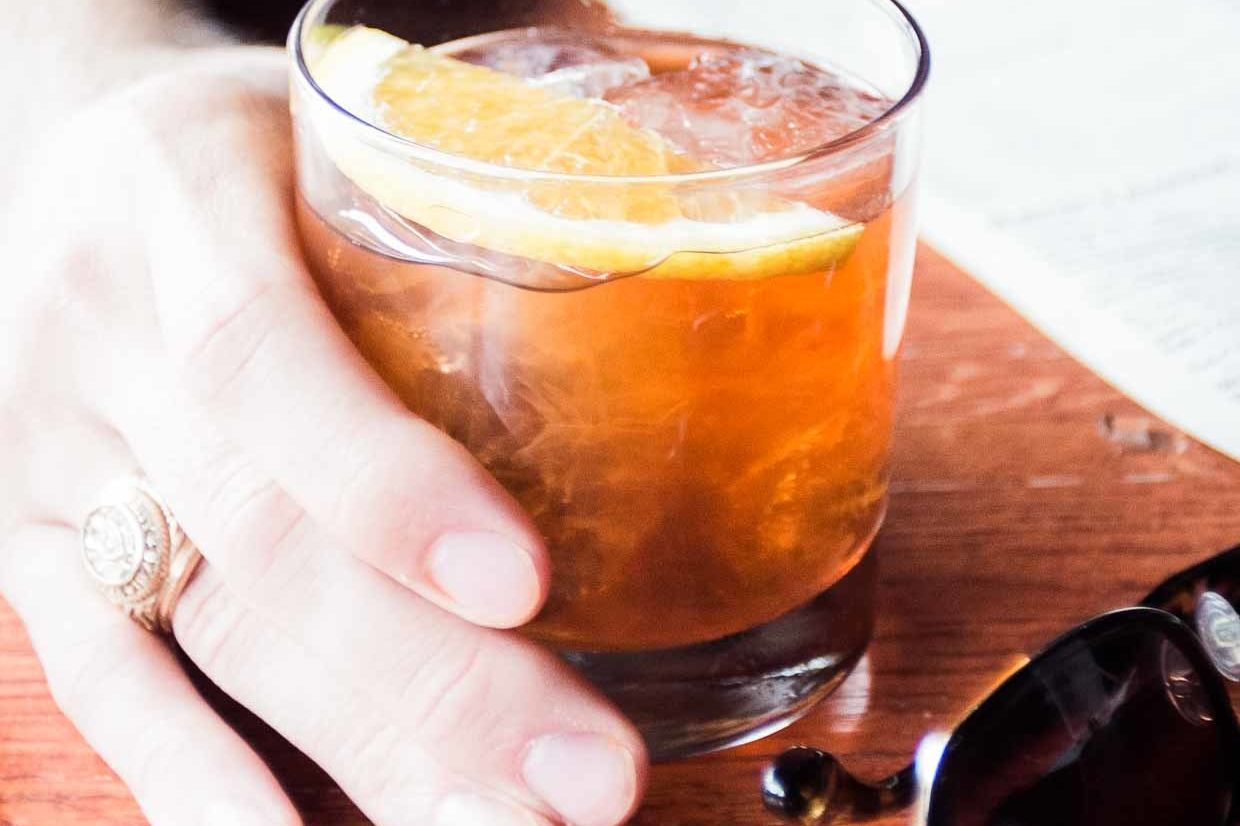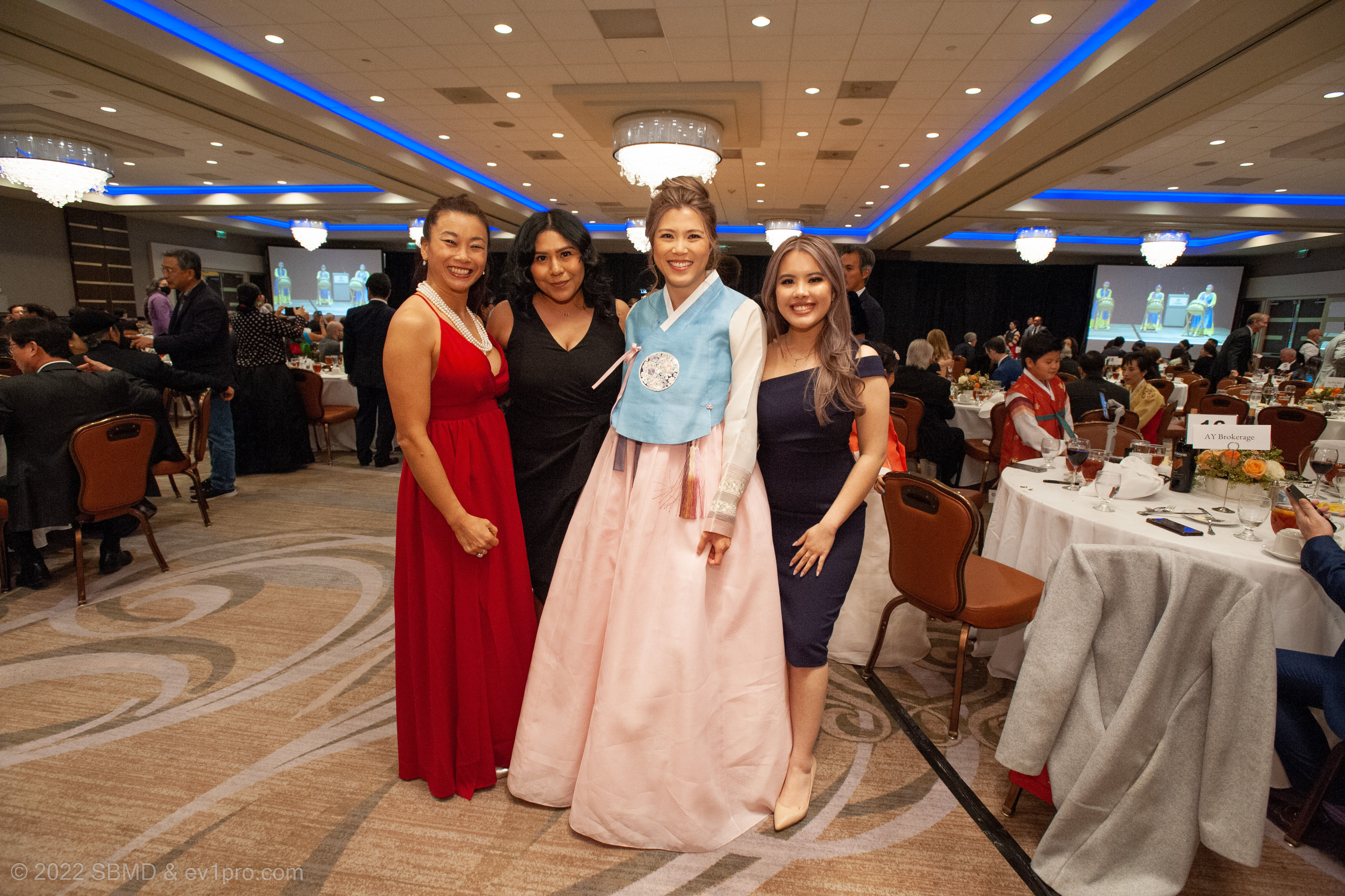How Two Local Houstonians Are Saving the City’s Dive Bars

Image: Anthony Rathbun
Bobby Heugel and Peter Jahnke might be known for their modern Montrose cocktail bars Anvil and Refuge, but the business partners are doing much more around the city to save Houston’s older bars. In the past couple of years, they’ve bought Catbirds down the street on Westheimer and Blue Lagoon Club in Spring Branch. So how do you keep a dive bar alive without…completely changing the vibe? We spoke with Heugel about preserving these watering holes.
Houstonia: What was the inspiration for buying the bars?
Bobby Heugel: Peter and I used to be roommates, and we lived a few blocks away from Catbirds. When the prior owner decided to not want to continue to operate it, we decided to try and keep it around. We’ve been successful at that, and I think that experience went so well that we thought we could do something similar for Blue Lagoon, which was in a similar place.
What are some measures you’ve taken to gain the trust of regulars?
Well, I think in Montrose, when we did Catbirds, we were obviously known, right? People were afraid that we would turn Catbirds into a cocktail bar. We had to resist some of our preceding reputation. And at Blue Lagoon, we’re a less-known commodity, right? That’s a neighborhood where we [didn’t] have anything. People who live and drink in Spring Branch tend to stay in their neighborhood.
So, at Catbirds, we had to kind of resist our prior reputation, whereas at Blue Lagoon, I think we’re facing a different hurdle, which is just trying to get to know people and earn their trust as a new identity, versus an identity with as much baggage as we [had] in Montrose.

Image: Anthony Rathbun
Why is it important to maintain these types of bars in Houston?
I think we’re in a hyperaccelerated novelty cycle when it comes to restaurants and bars, where people are craving what is new because it gives them social equity on their social media feeds. The ramifications of that are that older places don’t get the same attention, and their value in a very competitive restaurant and bar space has been reduced because they don’t offer the same social equity that a newer business does. That means that older spaces are really threatened.
And not only that, but a lot of these older spaces in particular are owned by people from the boomer generation that are getting older in life and are looking at retirement and are facing rising costs in rent, insurance, and other things that are making it hard for them to continue as they reach that point in their life. If people don’t step in and try to save these spaces, we will miss them.




